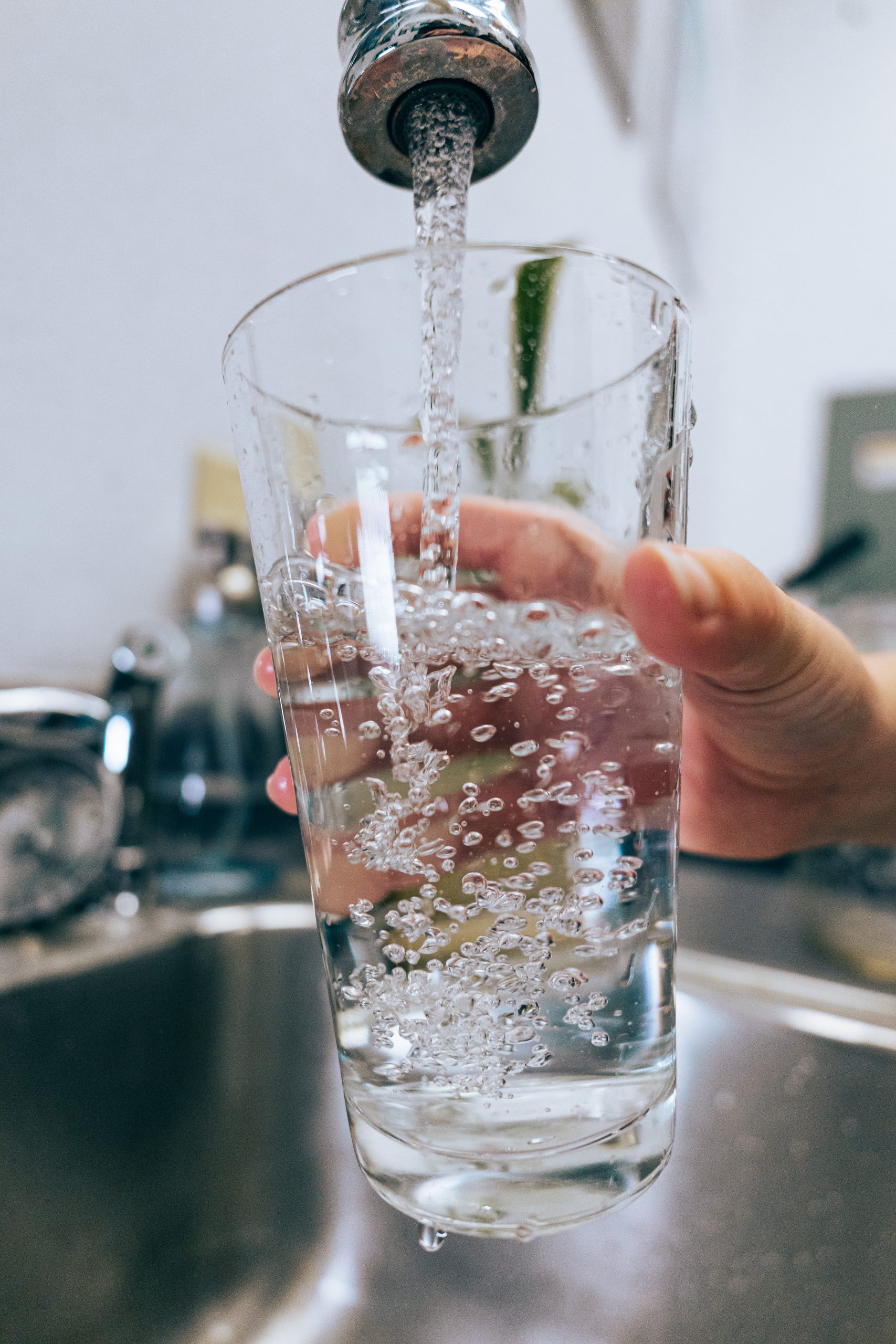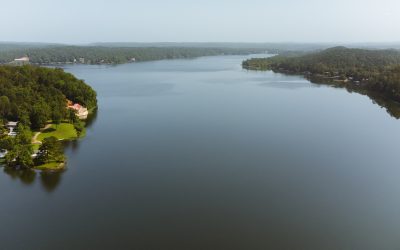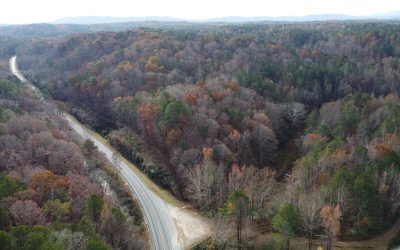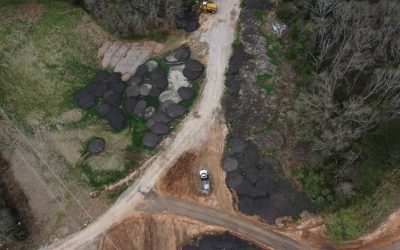In response to growing concerns about per- and polyfluoroalkyl substances (PFAS) and their potential impact on public health, the Coosa River Basin Initiative (CRBI) and Coosa Riverkeeper are pleased to announce their collaboration on a crucial project aimed at monitoring PFAS contamination in the Coosa River Basin in Georgia and Alabama.
PFAS are a group of human-made chemicals used in various industries for their stain resistant and flame retardant properties. Unfortunately, these persistent chemicals have been linked to potential health risks and have been historically disposed of in waterways, making it imperative to understand their prevalence and concentration in our local water sources.
Throughout the summer of 2023, teams from CRBI and Coosa Riverkeeper collected samples across strategic locations in the Coosa River Basin. The initiative to assess PFAS contamination levels is a proactive response to the rising concerns about the adverse effects of these substances on both the environment and public health.
The collaborative effort between CRBI and Coosa Riverkeeper provides valuable insights into the distribution of PFAS contamination within the Coosa River Basin. The data collected is being compiled into a comprehensive report, shedding light on potential hot spots of contamination. This collaboration monitored PFAS levels within surface water to gain a better understanding of how widespread the contamination is within the reservoirs and tributaries of the Coosa River.
This sampling effort showed widespread contamination, with 84.62% of sampling sites showing some level of PFAS contamination. More testing efforts must take place in order to comprehensively understand the extent of contamination in the Coosa River system. Currently, state agencies are focusing their PFAS monitoring efforts on drinking water without much emphasis on surface water levels. Surface water, like lakes are rivers, provide drinking water for 56% people in Alabama and more than half the population in Georgia. More sampling will allow us to continue to educate the public and allow families to make informed decisions when it comes to their drinking water.
“Our shared commitment to the health and sustainability of the Coosa River Basin has brought CRBI and Coosa Riverkeeper together for this essential project. By monitoring PFAS contamination, we can identify areas of concern, prioritize mitigation efforts, and work towards potential remediation of affected sites,” said Jesse Demonbreun Chapman, Executive Director at CRBI.
The joint project aligns with both organizations’ dedication to environmental stewardship and community well-being. By addressing PFAS contamination head-on, CRBI and Coosa Riverkeeper aim to contribute to the ongoing dialogue surrounding water quality and public health in the region.
Lucas Allison, Field Manager at Coosa Riverkeeper said, “The data speaks for itself. PFAS contamination remains a critical public health concern across the Southeast that is seemingly overlooked by our state and federal agencies. Data is one of our strongest tools, and our hope in continually testing for these harmful contaminants is that it will help create a consistent message that cannot be ignored to protect the Coosa River and the folks that rely on it.”
The findings of the PFAS contamination report will be shared with the public and relevant stakeholders. CRBI and Coosa Riverkeeper invite community members, policymakers, and environmental advocates to stay engaged in the process as they work together to address and mitigate the impact of PFAS on the Coosa River Basin.




